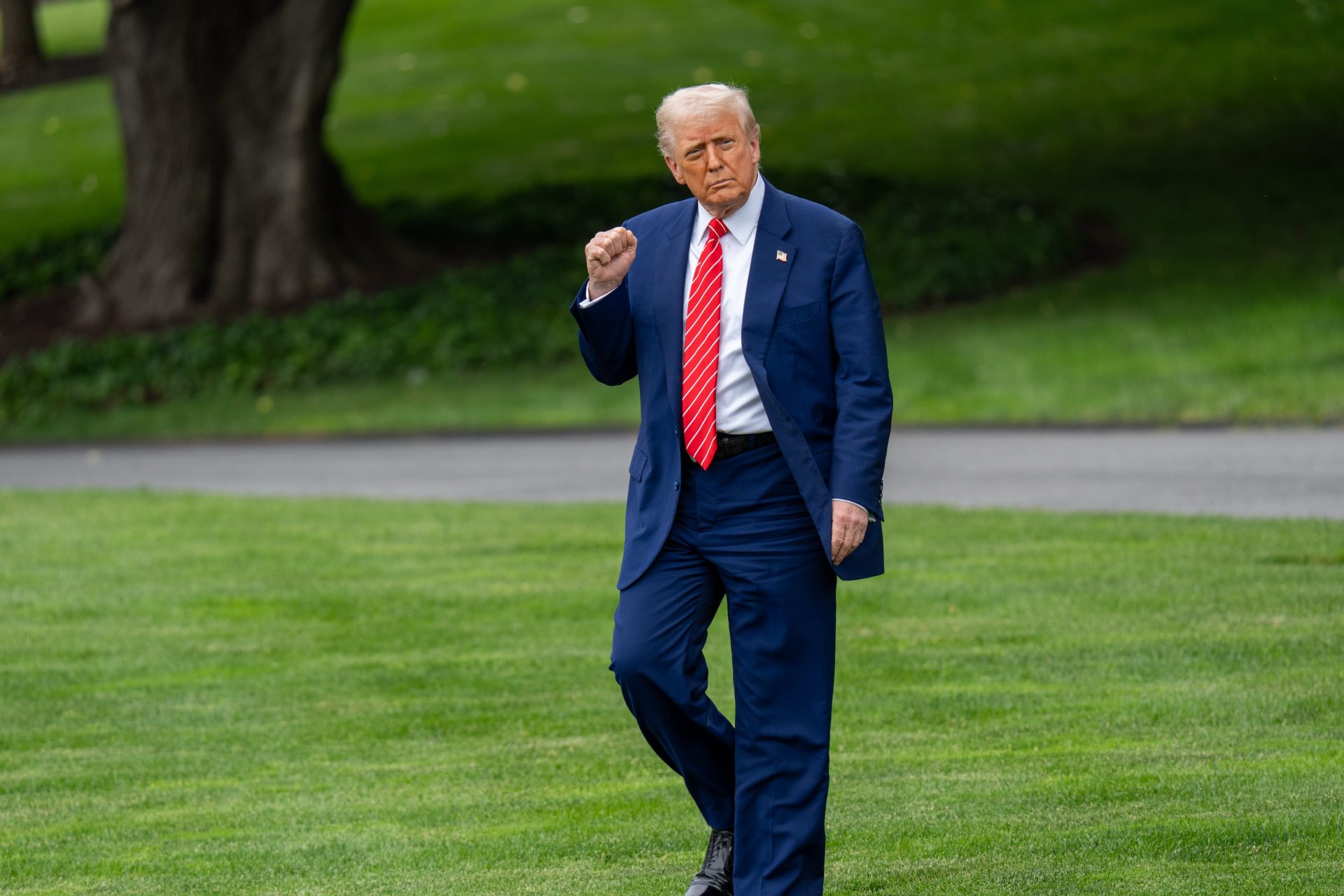
Trump’s Deportation DEAL Sparks Global OUTRAGE!
A secretive deportation deal brokered by the Trump administration has detonated a diplomatic firestorm, as 252 Venezuelans were expelled under a controversial law and exchanged for ten detained Americans—rekindling fears of state-sponsored hostage trading.
At a Glance
• Trump administration deported 252 Venezuelans to El Salvador under the Alien Enemies Act.
• El Salvador transferred them to Venezuela in exchange for 10 detained Americans.
• Human rights groups warn deportees face persecution or death in Venezuela.
• U.S. courts are reviewing challenges to the peacetime use of the Alien Enemies Act.
• The deal risks emboldening authoritarian regimes to detain Americans for leverage.
A Dangerous New Chapter in U.S. Diplomacy
In an audacious application of the 1798 Alien Enemies Act, the Trump administration orchestrated the deportation of 252 Venezuelans in 2024, citing alleged gang affiliations. The deportees were rerouted to El Salvador, where President Nayib Bukele detained them in the notorious Terrorism Confinement Center (CECOT). Yet the true geopolitical gambit emerged in July 2025, when El Salvador repatriated these individuals to Venezuela in exchange for the release of ten American detainees.
The maneuver has incensed human rights advocates and legal scholars alike, who accuse the U.S. of leveraging human lives as pawns in a cynical play for diplomatic wins. Many of the deported Venezuelans were political dissidents, critics of Nicolás Maduro’s regime, or asylum seekers—now forcibly returned to a state known for brutal repression.
Watch a report: U.S.-Venezuela Detainee Swap Sparks Outcry
Human Rights and Legal Challenges
Outrage from organizations like Human Rights Watch and Amnesty International has been swift and scathing. They warn that deportees now face near-certain persecution, imprisonment, or worse under Maduro’s regime. Critics are especially alarmed that the U.S. invoked the Alien Enemies Act, historically reserved for wartime, in a peacetime context without definitive proof of criminality.
Legal battles are already unfolding in U.S. courts, challenging the constitutionality of using this centuries-old law for modern deportation strategies. Experts argue that such actions violate international asylum norms and the principle of non-refoulement, which forbids returning individuals to countries where they face danger.
Global Risks and Policy Precedent
The fallout has geopolitical consequences. By effectively trading deportees for detained Americans, the U.S. risks incentivizing authoritarian regimes to escalate hostage diplomacy—detaining foreign nationals to extract political or economic concessions. Venezuela’s maneuver mirrors tactics used by states like Iran and Russia, stoking fears of a dangerous global precedent.
This controversial swap also highlights deeper flaws in U.S. immigration and foreign policy, particularly its impact on Central America. Decades of deporting alleged gang members to the region have fueled cycles of violence and instability, which in turn drive further migration to U.S. borders.
Ultimately, the Trump administration’s covert exchange reveals stark contradictions between national security policies and human rights obligations. As litigation progresses and international criticism mounts, the U.S. faces a critical reckoning: will future immigration and diplomatic strategies prioritize justice and safety—or geopolitical expedience?